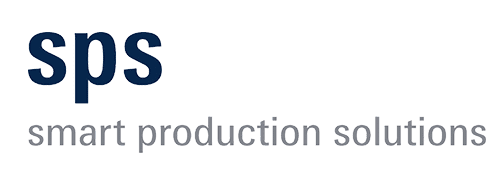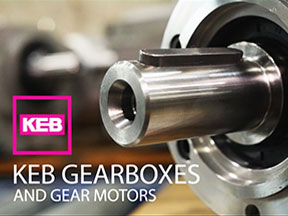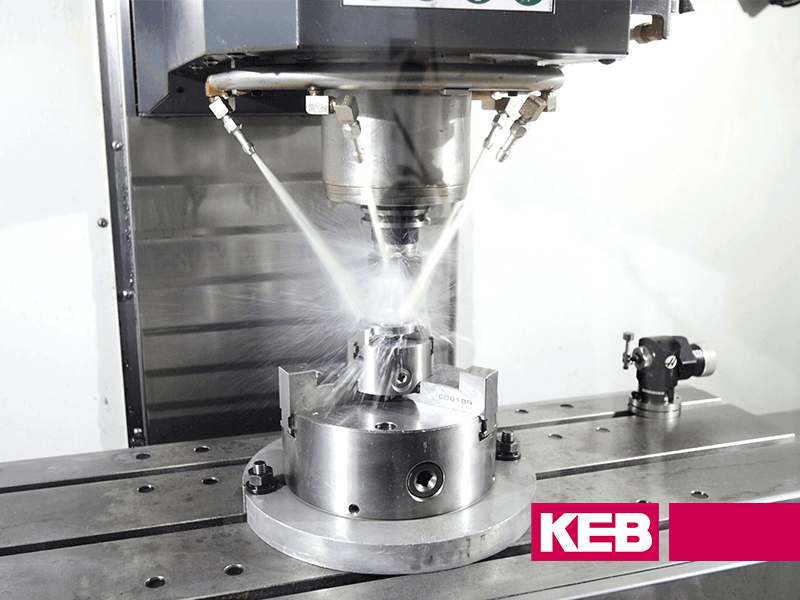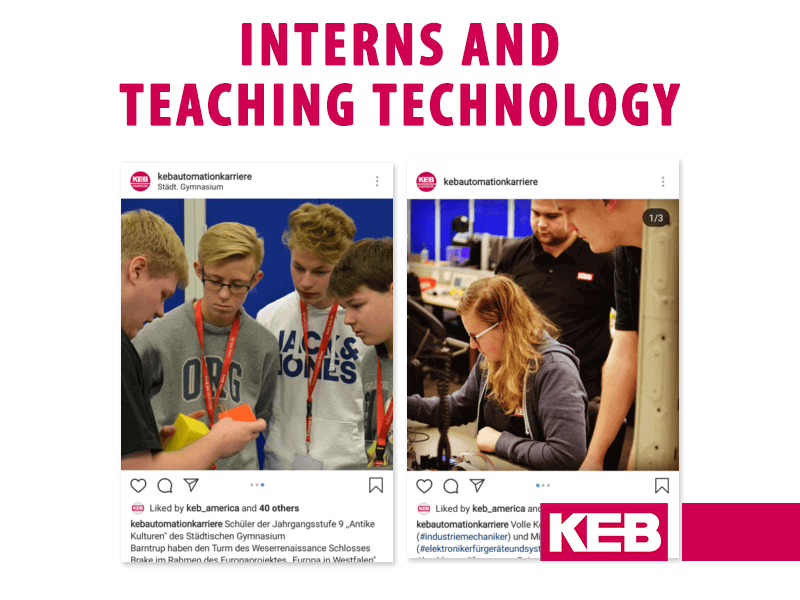Key Differences Between German & U.S. Automation Companies
Germany and the U.S. have many fascinating differences, from economics and table etiquette to industry trends! Our team at KEB supports customers in both countries with flexible control and automation products built for the toughest industrial applications. And in doing so, we’ve learned a lot about how the European and U.S. markets differ.
Today, let’s explore some of the key differences between Germany and the U.S. in the field of automation—and see if we can find an approach that offers the best of both worlds.
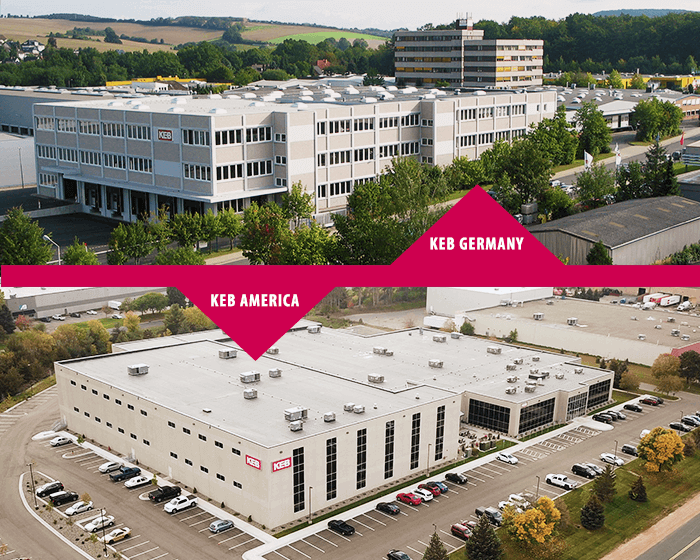
Innovation in Automation Technology
Both the U.S. and Germany house many renowned universities, from the Massachusetts Institute of Technology to the Technical University of Munich. But one noteworthy distinction is that universities and automation companies tend to work together more closely in Germany.
This relationship is a marriage of the theoretical and the practical, where cutting-edge research can be deployed and brought to market more quickly. In fact, it’s not uncommon for professors at these German universities to also work for automation companies at the same time.
One great example of this approach can be found by examining the UAS7, an alliance of top German universities of Applied Sciences. UAS7 has strongly invested in university-industry collaboration projects. Its universities partner with various companies and nonprofits to actively apply their research to real-world problems, bringing new innovations to market in fields such as Medical, Aerospace, and even Wind Power.
In contrast, automation companies in the U.S. tend to rely more heavily on internal research and development (R&D) vs. nurturing relationships with top universities. R&D spending among U.S. businesses reached a staggering $441B in 2018, according to a 2020 study from the National Center for Science and Engineering Statistics. This strategy may be related in part to the complexity (and potential risks) of acquiring ownership of academic patents in the U.S.
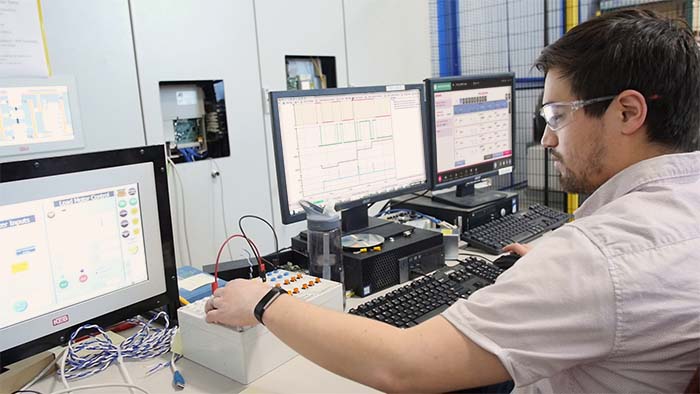
A Taste for Novel Solutions
Among automation companies, the appetite for using novel technologies (such as High-Speed Motor Control) is greater in Germany, especially if that solution increases the performance of the machine. Automation companies in Germany are constantly pushing for innovation, which is obvious if you’ve ever explored industry events like the Hannover Messe.
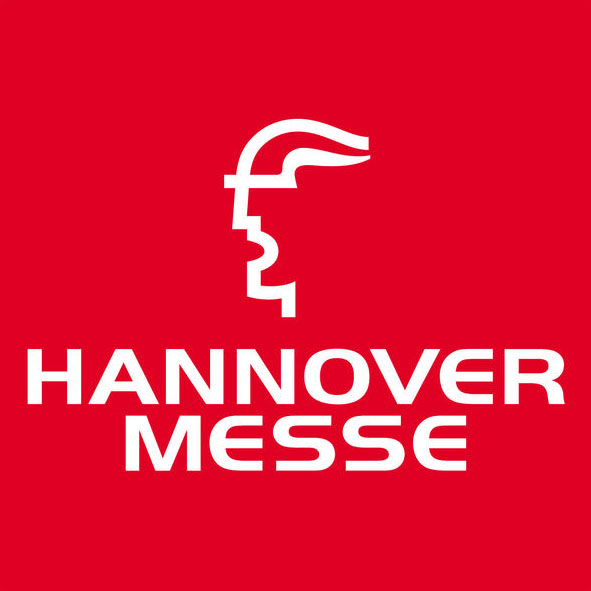
The Hannover Messe is one of the world’s largest trade fairs. It’s held every year in Hanover, Germany, hosting over 6,000 exhibitors and hundreds of thousands of guests. The cornerstone of this event is always “what’s new.” Future-focused topics in automation, like Artificial Intelligence (AI), 5G, or data transmission for Industry 4.0.
We see a similar pattern at the SPS (smart production solutions) trade show in Germany. The SPS showcases a huge range of solutions for smart and digital automation, including new sensors, motion control engineering, and even automation solutions for packaging OEMs.
It’s important to note that events like these feature a diverse range of exhibitors—including large and small players in the field of automation. For every big company like Siemens, there’s a bevy of small companies offering niche technologies, which dovetails into our next topic.
Risk vs. Opportunity for Automation Companies
In the U.S., there is sometimes a blind spec on the manufacturer, simply because they are the biggest or more incumbent supplier of an automation solution. In many ways, it’s a sound strategy: avoid risk by picking the most established, trusted brand. But overreliance on this approach can also lead to missed opportunities.
Automation companies in Germany are often more willing to use a unique technology, even if it’s from a relatively small or unknown supplier. Of course, this introduces an element of risk; unfounded products can fail or underperform. But taking that chance also creates openings for competitive differentiation and progress.
Allies in Technological Excellence
There seems to be a high degree of collaboration between the German automation companies as well. For example, an encoder company may partner with an IO family, a drive family, and a Safety PLC company to co-develop a project. This can also be seen in the members of consortiums, where companies form alliances to bring new technologies or innovations to market.
Embracing Innovation as One
Both the U.S. and European markets have come to appreciate the impact of creating, spreading, and incorporating technological innovation. This art of generating and applying technology to practical, real-world problems is essential to economic performance on a regional, national, and worldwide stage.
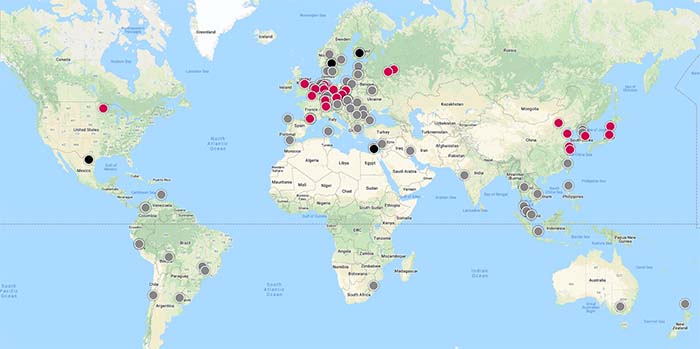
The automation industry continues to evolve in Germany and the U.S. as new technologies and innovators are uncovered and brought into the fold. These nations stand to learn much from each other in their shared pursuit of excellence, and we’re proud to support machine builders and automation companies in both of them.
KEB: The Best of Both Worlds
At KEB America, we offer a variety of German-engineered products for automation—made and supported in the United States. To learn more about our unique technologies in drive and automation, be sure to contact us today.
Let's Work Together
Connect with us today to learn more about our industrial automation solutions—and how to commission them for your application.
